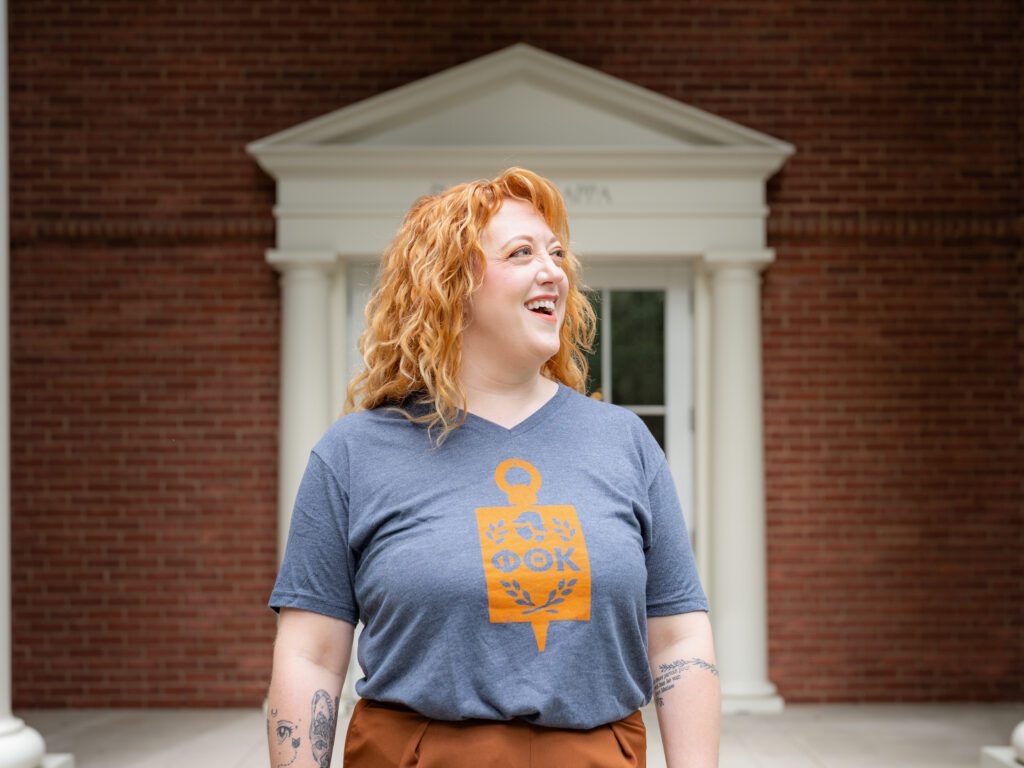What High School Students Need to Know about Community Colleges

If you’re still weighing your options for your next steps after high school, community colleges should be at the top of your list. With pathways to both the workforce and four-year colleges, you’ll find an array of options and opportunities, at a fraction of the cost (!) of attending a university. Win-win!
Roshawn Walter grew up in Compton, California, and originally planned to attend a California State University. But a missed deadline left him unenrolled, so he turned to El Camino College instead.
“Prior to my considering community college, I thought that I sold myself short as a result of my not being educated on community college throughout my high school experience,” he said.
As a first-generation college student, Roshawn had little guidance on his path to a degree. He spent three years at El Camino before declaring a major, at which point he realized that he could transfer to a university.
He applied and was accepted to the University of California, Los Angeles (UCLA), where he set a career goal to become a counselor at a community college. He completed his master’s degree in educational counseling in 2020 and today works in the Counseling Center and with the Umoja Community at Mission College in California.
“I want to provide guidance for other students at community college who too may not know the benefits and possibilities of attending,” he said.
As you consider your options for college, Roshawn offers a few helpful tips learned through his own community college experience.
You do not have to limit your options only to the universities you were accepted to in high school. Enrolling in community college can give you a second chance to get accepted to a university that you did not apply to or get accepted to.
Enrolling in community college can eliminate two years off the four-year university and give you the opportunity to transfer to a university at a junior level. All college freshmen take the same general education courses; starting at a community college means you’ll save thousands of dollars while getting the same education.
Enrolling in community college gives you the opportunity to explore career fields before declaring a major. Almost a third of first-time college students changed their declared major within three years. The lower tuition at a community college not only makes the process less stressful, it also gives you the opportunity to test the waters and choose something you genuinely like.
Many community colleges offer transferable counseling courses that can better inform students of a variety of transfer pathways. Transferring can be tricky, but not impossible! Some organizations such as Phi Theta Kappa Honor Society offer free courses to guide its members through the transfer process.
High school grades will not affect your ability to enroll in community college. In fact, most community colleges have open admission, giving students an opportunity to re-establish a more competitive grade point average (GPA) that they might not have attained in high school.
Universities typically do not look at high school grades when considering transfer students for admissions. They typically only look at your community college grades. Plus, they are unlikely to require you to complete or report a standardized test score (SAT, ACT, etc.), giving you the opportunity to build a more competitive portfolio before applying to transfer.
As you explore your options post-high school, be sure you talk with your school counselor about your local community college. These institutions are a great way to explore your career interests, boost your overall GPA, and transfer to your preferred university.
Related Articles
Why Community College Was the Best Choice for My Career Change
Navigating Community College as a Dually Enrolled Student






